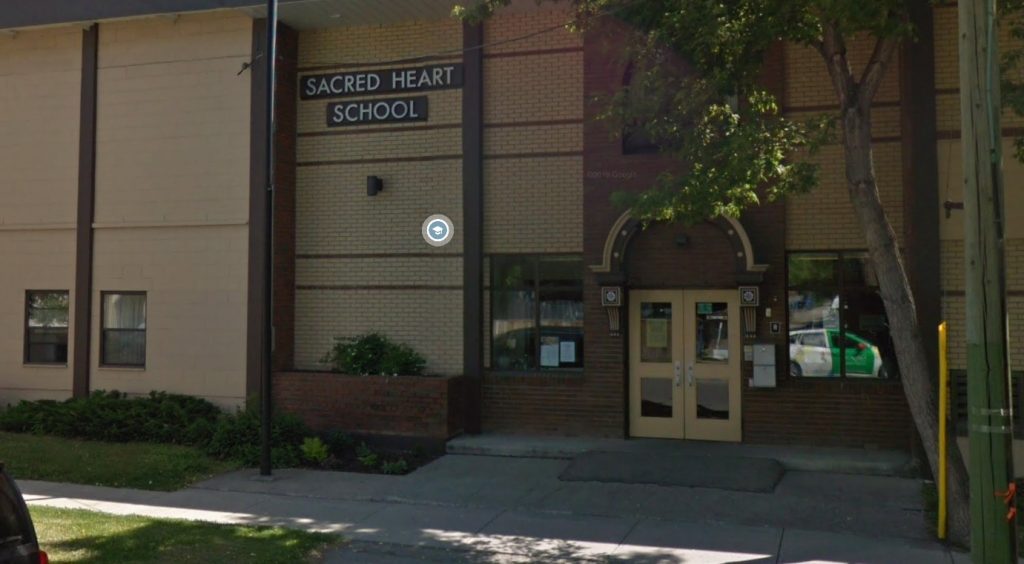Concerns of privatization and higher costs as reaction to AHS review comes in
Posted Feb 3, 2020 12:59 pm.
Last Updated Feb 4, 2020 2:30 pm.
CALGARY – Reaction to the Ernst and Young review of Alberta Health Services urges the UCP government to reject the recommendations given.
In the more than 100-page review, which provided 57 recommendations and 72 savings opportunities, EY suggested that anywhere from $1.5 to $1.9 billion could be saved annually in the AHS budget.
READ MORE: AHS review suggests potential savings while protecting front-line services
The Alberta Federation of Labour was quick to react, saying this pushes the mandate of privatizing Alberta’s health care.
“Today’s release of the AHS review is yet another example of the UCP government using a third party to provide cover for their true agenda: cuts and privatization of our public services,” said Gil McGowan, president of the Alberta Federation of Labour in a news release.
McGowan continued and said Jason Kenney’s government is waging an ideological attack on the public health care system.
“During the election, Jason Kenney signed a public health care guarantee telling voters he would protect public health care as premier,” McGowan said.
McGowan urged Albertans to contact the premier and Health Minister Tyler Shandro to voice their concerns.
Recommendations hurt seniors, says Public Interest Alberta
Public Interest Alberta shares some of those concerns voiced by the AFL, with the report encouraging AHS to increase the number of private operators for long-term care (LTC).
“Offloading the operation of our public services to private corporations means reduced accountability, transparency, and quality of care,” said Joel French, Executive Director of Public Interest Alberta.
“At the same time, our dollars will be spent less efficiently as private corporations carve out significant amounts of funding that should be going to care to pay their shareholders. Private corporations are in seniors’ care first and foremost to make money, and the less care they provide the more money they make.”
The suggestion to move 1,300 people in LTC beds to designated supportive living (DSL) is also not sitting well with the group.
Public Interest Alberta says the major difference between these two levels of care is that in LTC, major healthcare costs are covered by the public system, whereas those bills are handed off to the patients and their families in DSL.
“If the government adopts the report’s recommendation that 1,300 long-term care patients be placed in designated supportive living, it will mean a significant increase in out-of-pocket costs for Alberta families,” said French.
“Along with the recommendation that long term care fees to families be increased, this ‘savings’ for government would be a significant increase in costs for the seniors who built our province.”
Another concerning suggestion from the report is to cut staffing levels in long-term care facilities, something French says will damage the quality of care seniors get.
“The government spin that quality of care will not be affected or will even increase is simply not true,” said French. “There is no other result possible from reducing staffing levels than to have lower-quality care. Our seniors rely on highly-skilled professionals to meet their needs, and it is clear that this change would reduce the quality of care they receive.”
Alberta Health Services says it will be spending the next few months reviewing the report and creating a long-term plan with the review’s suggestions in mind.










